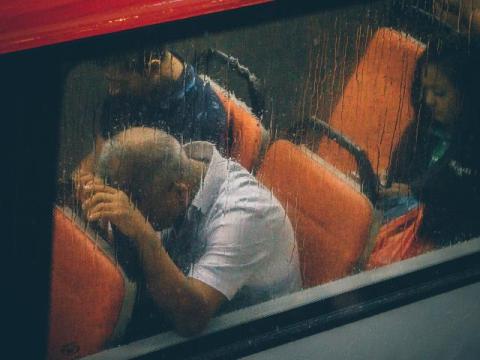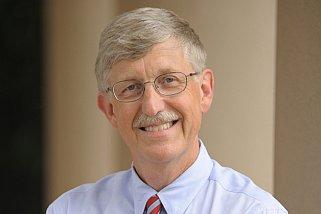As students we reach many thresholds: graduating high school, getting into college, getting into graduate school or medical school, completing our postdoctoral fellowship, residence, or internship. Many times, we spend a major portion of our time planning for the next threshold.
The pandemic has brought with it numerous hours to fill with some otherwise atypical activities. Admittedly, I’ve found myself turning to streaming series/shows far too often. It has certainly served as distraction and respite from other challenges, but it also allowed me time to catch up on desired viewing. Brené Brown’s The Call to Courage video on Netflix was at the top of my list. (Full disclosure, the video has lots of storytelling at the beginning and research findings shared near the end). Dr.
“Be okay with being uncomfortable.” This is a quote that I read every day to remind myself that there may be days when I feel that I am not qualified enough to accomplish my goals. In my younger days, I was never afraid to experience things for the first time that were out of my comfort zone. Through life’s experiences, I saw self-doubt and imposter fears encroach on my fearlessness, and I had to develop strategies to work through these emotions.
While the past two years mark a time of profound loss, they also mark a time of extraordinary social transformation, particularly in the virtual realms. After the initial shock and grief that the world felt in lockdown, we collectively experienced the widespread rekindling of old hobbies, mass Twitter activism, many failed attempts to make Dalgona coffee, and a near-universal feeling of meh.
In her viral BuzzFeed essay, “How Millennials Became the Burnout Generation,” Anne Helen Petersen thoroughly details how economic and social demands/constraints have led millennials to feel burnt out. Unlike previous generations, millennials accrued more education, more debt, and were more willing to put career progression ahead of anything else.
Many are familiar with FOMO (Fear of Missing Out). This acronym was coined by Patrick McGinnis, an entrepreneur and investor, during his time at Harvard Business School. As a small-town boy from Maine he describes the overwhelming nature of being “transplanted from a calm place with a simple lifestyle to a hub of 1,800 highly ambitious, connected young people.” His mania to try to fit it all in led to his FOMO discovery and his book FOMO Sapiens is now available.

Just over a month ago, we set our clocks back for Daylight Savings Time. This combined with fewer daylight hours means that most of us are leaving work in the dark. This is just one of the many groan-inducing moments which wintertime brings. Others include frigid mornings making it harder to get out of a warm bed, commuting through snow/ice and gloomy grey days all the while navigating sick colleagues in the lab.

Recently, we received wellness tips from NIH Director, Dr. Collins. In case you missed it, you can check it out here. Part of that discussion revolved around how establishing a career in science and maintaining a healthy work-life balance can be stressful.

OITE was lucky enough to recently connect with the Director of the National Institutes of Health, Dr. Francis Collins. He offers valuable tips from his own life and experiences. This is a must read for all, especially scientists just starting out in their careers.
You are well known for your hobbies (music and motorcycles to name two) on top of your professional accomplishments. How do you maintain all of your varied vocational and avocational interests?

It can be anxiety producing to turn down work from a fellow colleague, or even worse, your boss. Sometimes, though, that is exactly what you need to do. In most work settings, especially competitive ones, employees want to be looked upon favorably as the “go-to person” or as a “good team player”. The problem happens when you take on too much and volunteer to pitch in on one too many projects. When doing so, you run the risk of not being as effective at your other tasks and it could leave you feeling stressed and stretched too thin.

